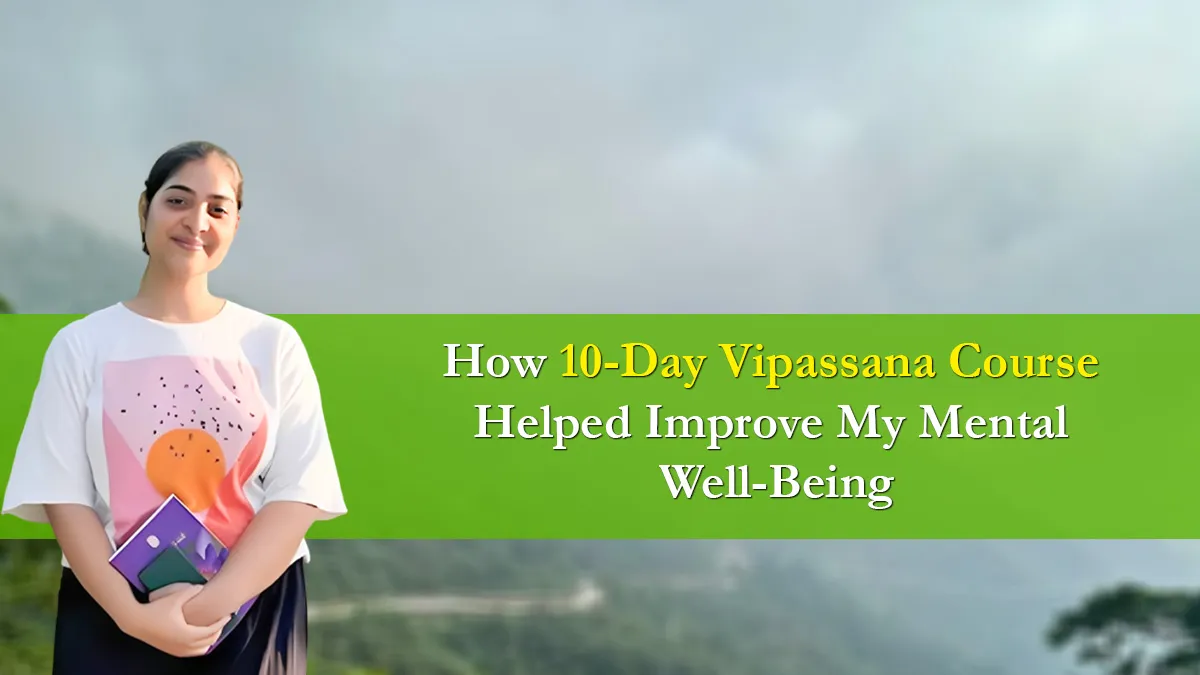
The bell rang at 6:30 in the morning, marking the end of our final meditation session at the 10-day Vipassana silent retreat. As I stepped out of the meditation hall, called Dhamma hall, memories of both discomforting and quite intense sessions lingered in my mind. After taking a few steps out of the hall, the orange-pink hues of dawn greeted me. For the past ten days, this moment had been the most nourishing gift for both my body and mind. I soaked in the early sunlight for a few minutes, letting it warm my skin, and prepared myself to return to the outside world.
Table of Content:-
CHECK YOUR
MENTAL HEALTH

Choosing to attend a 10-day Vipassana Silent Meditation Course was one of the hardest choices I have ever made. Those ten days were full of emotional upheaval, a journey of discipline where one maintains noble silence, avoids eye contact, and gives up all kinds of entertainment and contact from the outside world.
When I had first filled out the registration form for the course, I expected a calm, unique, and peaceful experience, and it did offer that. However, what I did not think was how chaotic it would be within me.
What Led Me To Vipassana Course
The world today feels like an unending rollercoaster - fast, loud, and overwhelming. It's easy to feel burnt out in the daily hustle. I, too, found myself caught in that endless race, silently battling stress, anxiety, and self-doubt. While we often make plans to prioritise our physical health, our mental wellbeing is still legging behind on the list. I've travelled solo, attended various workshops and retreats, yet never fully committed to something that focused purely on my mind considering my emotional condition. This time, I wanted to meet the version of me that existed beyond noise and notifications.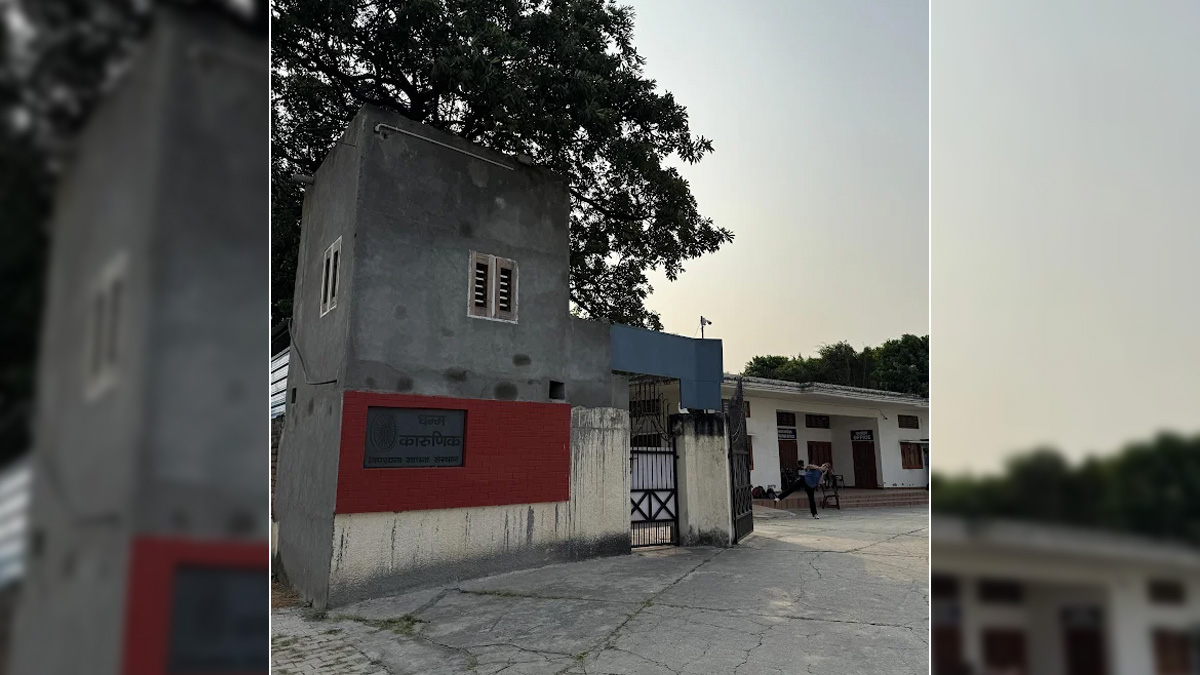
I had heard about Vipassana many times before, and it felt like the right moment to give it a try. With a bit of last-minute planning, like always, I secured a spot at Dhamma Karunika Vipassana Meditation Centre, located in the quiet outskirts of Karnal, Haryana. The course was scheduled from September 25 to October 5, 2025. When I received confirmation for the course, the only thing on my mind was whether it would be possible to maintain complete silence for 10 days and remain entirely disconnected from the world.
Also Read: The Overlooked Side Of Mental Health Among Seniors With Dementia And Alzheimer’s
Understanding Vipassana: What Is It?
Vipassana, meaning, 'to see things as they really are, not as they appear' is one of India's most ancient meditation techniques rooted in Buddhism. Taught over 2,500 years ago, it is considered a way of life which develops clarity, calmness, and understanding of how the mind works.
It is a journey of self-purification through self-observation. You begin by focusing on your breath, sharpening your awareness of physical sensations, and observing them with complete equanimity. One might like or dislike these sensations but have to be neutral towards them and just observe. What makes Vipassana so compelling and transformative is that it's stripped of all rituals: no mantras, no visualisations, no belief systems. It’s just your breath which takes you into the deeper world of your own.
For me, Vipassana became a mirror. It allowed me to meet my multiple selves - the calm and the chaotic. It taught me that only you can help yourself. Only you can make peace with your non-stop thoughts, it’s nothing to do with the outside world.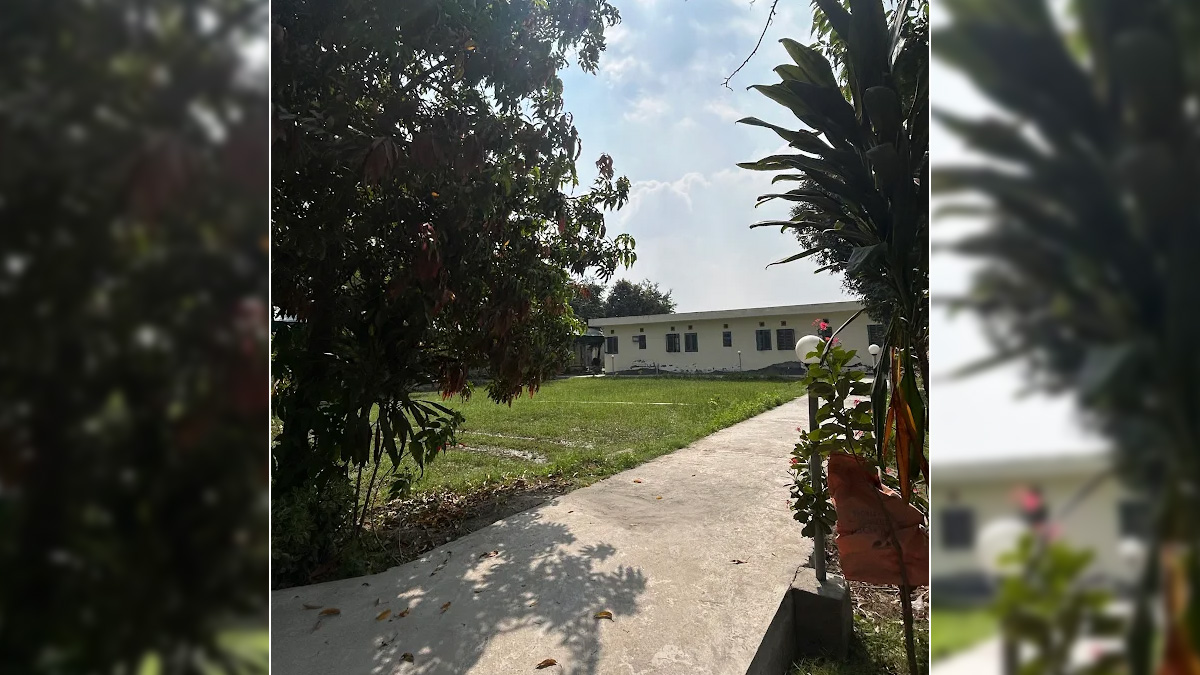
Surrender Strengthens Survival: How My Day Looked Like At Vipassana
The day used to begin before dawn, at 4 am, and stretched long until the lights turned off at 9:15 p.m. Waking up at 4 am for meditation sessions was actually never on my list, but surprisingly, it began to feel natural and rewired my brain for clarity before the world intruded.
The course included a Zero Day for arrival, 9 days of complete silence, with silence concluding after the morning session of the tenth day, and a final Maiti day for departure.
On the day of arrival, men and women were separated. All gadgets, including mobile phones, smartwatches, books and journals, even religious items like Kalawa, had to be submitted. I was stripped of every escape, forced to meet myself in complete stillness. One needs to leave behind all preferences, comforts, and distractions, which actually turned out to be the best gift for one's mental peace.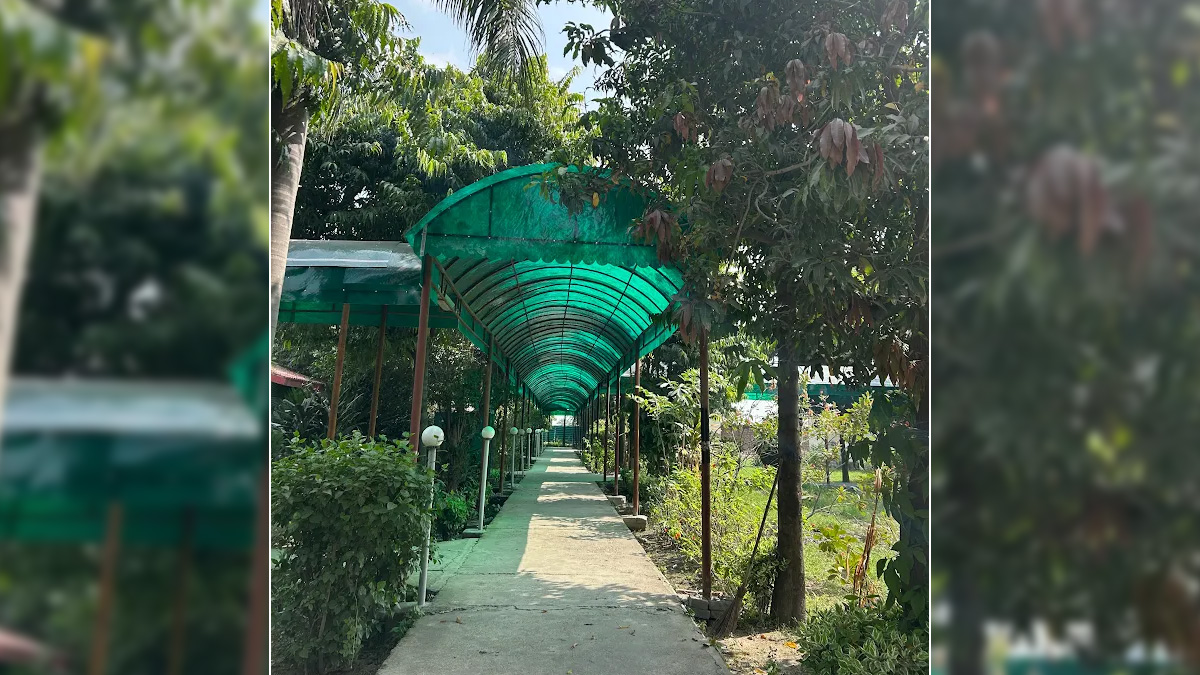
Also Read: Are You Confusing Your Social Anxiety For Shyness? Find Out Here
Inside Life
Inside, life ran simple and on a strict schedule. Breakfast was served at 6:30 am, lunch at 11 am, and fruit, or tea or lemon water at 5 pm. The body resists at first, but eventually adapts to the rhythm. The silence makes your thoughts louder at first, until slowly everything begins to soften.
The first day was full of curiosity, nervousness, and excitement. However, the second day hits hard. My body ached, my mind wrestled with restlessness, and buried emotions rose to the surface. By the fourth day, during the 3 pm session, we were finally introduced to Vipassana - the actual technique. That hour felt like undergoing surgery without anaesthesia.
As I scanned through my body, memories surfaced, some long buries, some uncomfortable. Sitting still for hours, eyes closed, observing the breath and bodily sensations was far more demanding than I had imagined.
From the fifth day onwards, the practice became deeper and clearer, but also more emotionally intense. In a few sessions, I felt rare, light, and peaceful. In others, I found myself fighting sleep, counting the curtains in the hall, and building imaginary conversations in my head. It was like meeting the wildest, most unfiltered parts of my thoughts, discovering I could be deeply compassionate and yet capable of holding onto resentment.
With time, the silence and packed routine began to feel not just manageable but comforting also. I realised how discipline and silence can be healing, not just for your physical health but for mental health as well.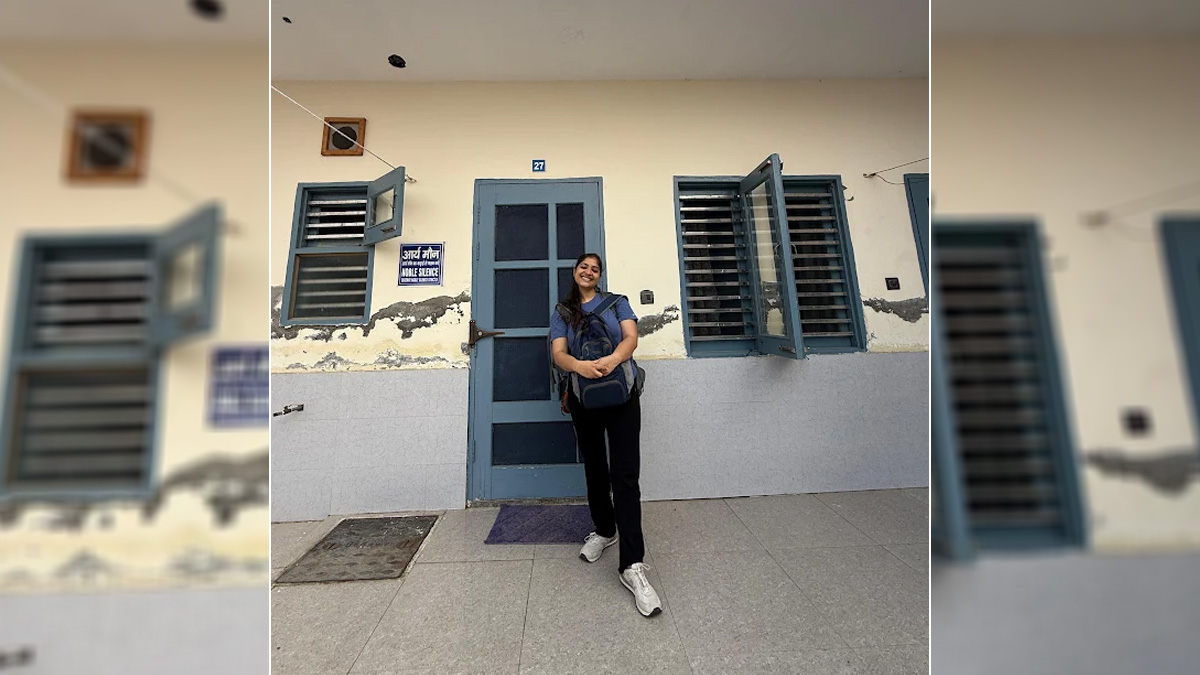
Conclusion
For ten days, I was cut off from the world, and more connected to myself than ever before. In complete silence, my emotional patterns became clear, and I understood how not reacting to these thoughts can make things so simple and easy in daily life. Another lesson those days taught me is the law of impermanence. Every emotion, every craving, and every discomfort passes away, not because the outside shifts, but because something within me has shifted.
(All the images have been taken on the last day of the course.)
Also watch this video
FAQ
What Is Vipassana Meditation Technique?
Vipassana meditation is an ancient Indian technique of self-purification through self-observation.How Much Does Vipassana Cost?
The Vipassana Meditation Centres operate entirely on a donation basis and do not charge any fees to join the course.What Are 5 Vipassana Precepts?
The five Vipassana precepts are, abstaining from killing, stealing, all sexual activity, lying, and all intoxicants.Can We Use Mobile Phones During Vipassana Meditation Course?
No, No one can use mobile phones or any other gadgets during the Vipassana Meditation Course.
How we keep this article up to date:
We work with experts and keep a close eye on the latest in health and wellness. Whenever there is a new research or helpful information, we update our articles with accurate and useful advice.
Current Version
Oct 27, 2025 16:32 IST
Modified By : Sameeksha SharmaOct 27, 2025 16:32 IST
Modified By : Sameeksha SharmaOct 27, 2025 16:32 IST
Published By : Sameeksha Sharma